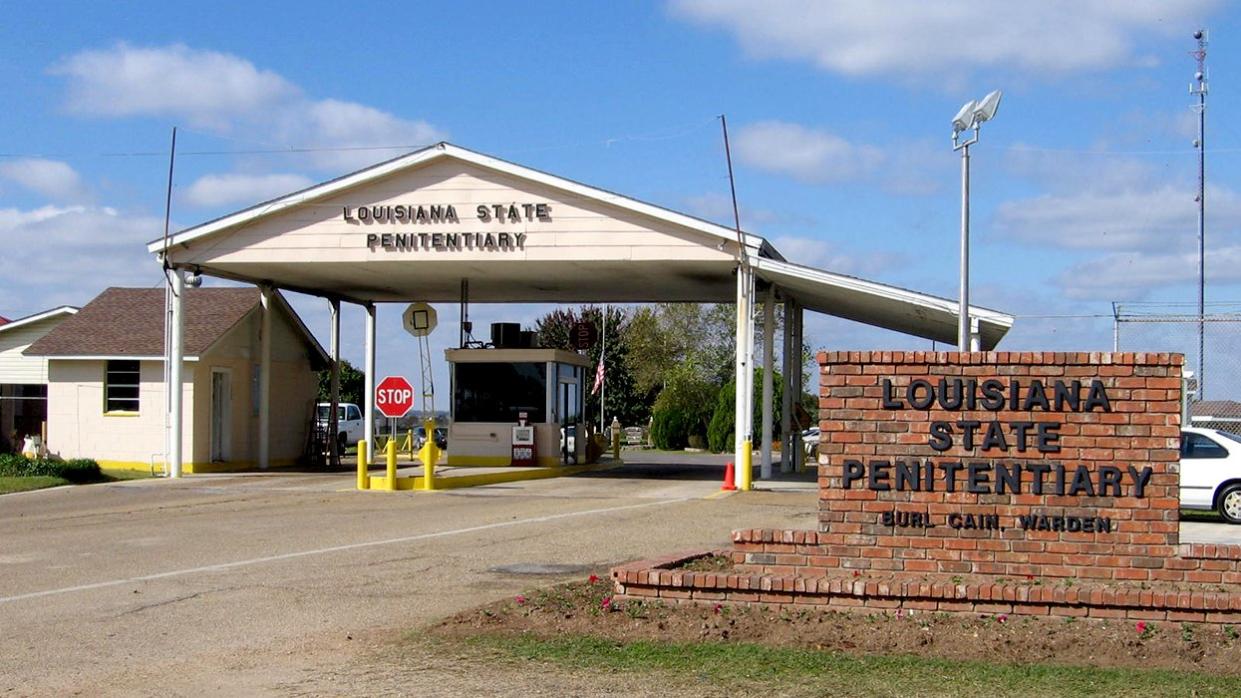Serial killer of gay men in New Orleans released after 46 years in prison

A man who murdered three gay men in New Orleans in the 1970s has been paroled after spending 46 years in the Louisiana State Penitentiary at Angola.
Warren Harris Jr. was convicted in 1977 of fatally stabbing Jack Savell, Alden Delano, and Ernest Pommier, The Times-Picayune reports. At the age of 16, he was sentenced to three consecutive terms of life in prison. He was acquitted of the murder of a fourth man, Robert Gary.
“Authorities at the time alleged that Harris was a sex worker who committed the murders after having sex with his victims, during a heroin binge that ran for several weeks,” the paper notes. The Times-Picayune reported in 1977 that Harris had a “revulsion of homosexuals.”
The subject did not come up at Harris’s parole hearing last week, but he expressed regret for the killings and said he had been addicted to drugs when he committed the crimes.
“I was in need of money to support that drug, the drugs I was using at the time,” he told the parole board, according to The Times-Picayune. “I became affiliated with some of the victims and was asked to accompany them to their home, and at the time when we entered the home, I robbed and killed those men, and I regret it, and I’m so sorry every day.”
His parole was made possible by a Louisiana law passed in 2017 that makes those who were sentenced to life terms as juveniles eligible for parole after serving 25 years. The law was enacted after the U.S. Supreme Court issued two rulings that determined sentences of life without parole for juveniles were unconstitutional except for “the rare juvenile offender whose crime reflects irreparable corruption.” About 120 of the state's 297 so-called juvenile lifers have been paroled under the law.
The parole board voted 2-1 to grant Harris his release. Board member Curtis Fremin Jr., who cast the deciding vote, said Harris had committed “a very horrific crime,” but added, “I do feel that you’ve done all you can do at Angola.”
Board member Steve Prator, who voted against Harris’s release, said Harris was like someone who quits smoking after they develop cancer. “They still have the cancer,” he said. “They still have to pay the price for what they did.”
The third member, Jerrie Ledoux, told Harris, “I believe that you’re ready for the streets.”
Harris had completed a GED, the equivalent of a high school diploma, and had not been subject to any major discipline for the past seven years. He will have mandatory drug testing twice a month for the first six months after his release and will be under state supervision for the remainder of his life.
“During my years of incarceration, guilty feelings have gripped me deeply,” he said at the hearing. “My guilt has motivated me to call out to God, asking for his help for change within myself. My prayer had been answered. God allowed me to reevaluate my life and set me out on a positive course. I’ve become a server giving my time and the very little resources that I have helping those who cannot help themselves.”
No relatives of the victims appeared at the hearing or submitted a statement, The Times-Picayune reports. The New Orleans Police Department opposed Harris’s release, but the Orleans Parish district attorney did not take a position.

